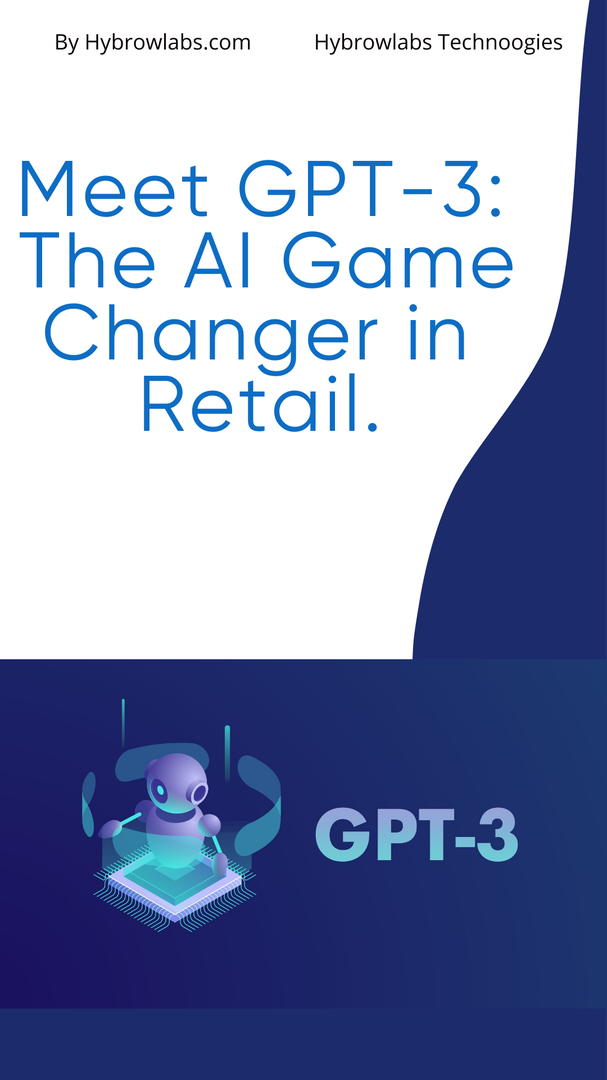
Generative Pre-trained Transformer 3, also known as GPT-3, is a powerful artificial intelligence (AI) language model developed by OpenAI. With its ability to understand human language & generate human-like responses, GPT-3 has become a game-changer in many industries, including retail. In the retail industry, the customer experience is a crucial factor that can significantly impact the success of a business. By leveraging the capabilities of GPT-3, retailers can provide a personalized & seamless shopping experience that can increase customer satisfaction & loyalty.
Personalized Recommendations:
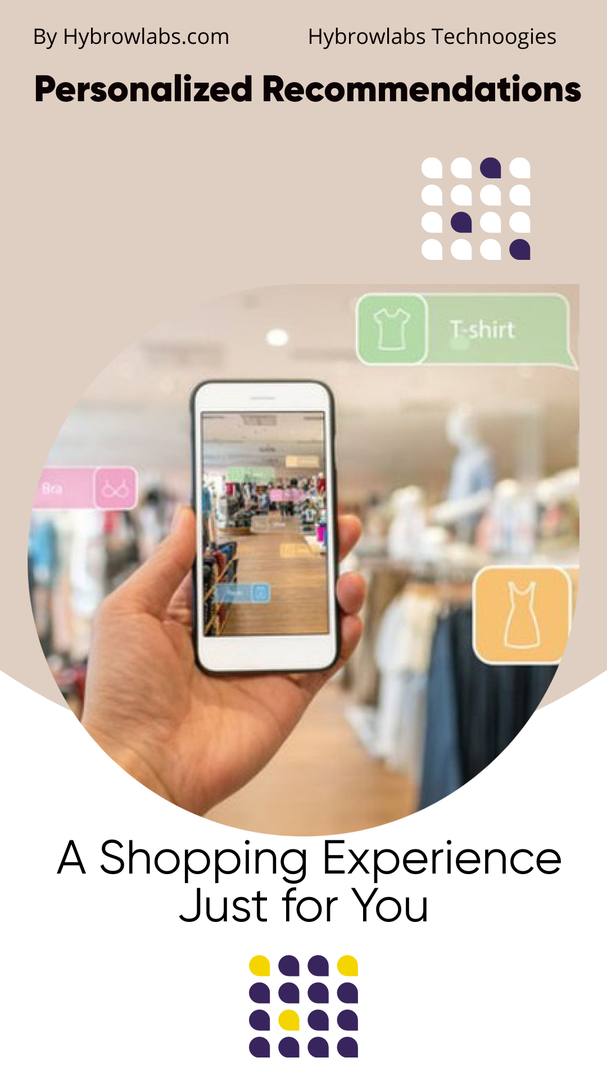
GPT-3 can analyze customer data such as browsing history, purchase history, & preferences to make personalized product recommendations. This allows retailers to provide customers with a more tailored shopping experience, increasing the likelihood of conversion & repeat business. Personalized recommendations can also increase the customer's perception of the retailer's understanding of their needs, which can lead to improved customer satisfaction & loyalty.
Personalized recommendations are already being used by several retail companies, such as Amazon & Netflix. Amazon's product recommendations are based on the customer's browsing & purchase history, as well as their interactions with the site, such as reviews & ratings. Netflix uses a similar algorithm to recommend TV shows & movies to their subscribers based on their viewing history. These recommendations have been instrumental in driving sales & customer loyalty for these companies.
Benefits of Personalized Recommendations in Retail:
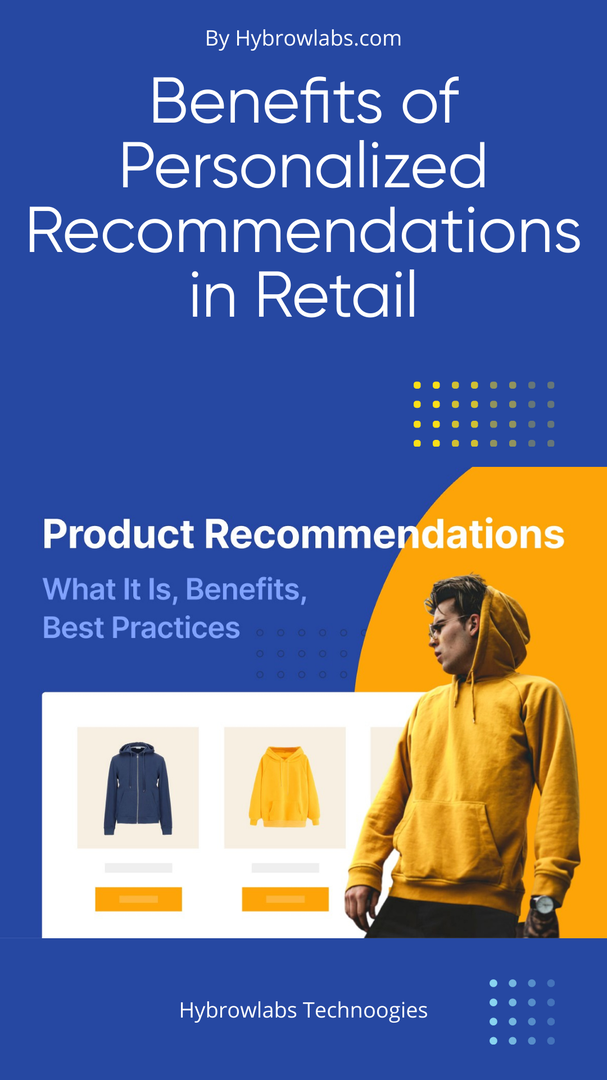
There are several benefits of using personalized recommendations in the retail industry.
1. Customer Satisfaction:
Firstly, personalized recommendations can increase customer satisfaction & loyalty by providing a tailored shopping experience that meets their specific needs. Customers are more likely to return to a store or website that offers a personalized shopping experience, which can lead to increased sales & revenue.
2. Efficiency:
Secondly, personalized recommendations can also improve the efficiency of the shopping experience. By suggesting relevant products, GPT-3 can help customers quickly find what they are looking for, reducing the time & effort required to search for products. This can lead to increased customer satisfaction & a more efficient shopping experience.
3. Meeting the needs:
Finally, personalized recommendations can also help retailers reduce the number of returns & exchanges by suggesting products that are more likely to meet the customer's needs. This can save retailers time & money, as well as reduce the environmental impact of excess shipping & returns.
Examples of Retail Companies Using Personalized Recommendations:
1. Amazon:
Many retail companies are already using personalized recommendations to improve the customer experience. For example, Amazon's recommendation engine is one of the most well-known & successful examples of personalized recommendations. By analyzing customer data, Amazon's recommendation engine suggests products that are relevant & personalized to each customer, leading to increased sales & customer loyalty.
2. Sephora:
Another example is Sephora, a cosmetics retailer that uses personalized recommendations to suggest makeup & skincare products to customers based on their skin type, color preferences, & past purchases. By providing personalized recommendations, Sephora can create a tailored shopping experience that meets the unique needs of each customer.
Chatbots & Customer Service:
1. Explanation of how GPT-3 can be used to develop chatbots for customer service:
GPT-3 can be used to develop chatbots that can handle customer service queries in a more efficient & personalized way. Chatbots can use natural language processing to understand customer queries & respond in a way that feels like a real conversation. With GPT-3's advanced language capabilities, chatbots can generate human-like responses that are more personalized & relevant to the customer's needs.
2. Advantages of using chatbots for customer service:
There are several advantages of using chatbots for customer service -
Firstly, chatbots can provide 24/7 support to customers, which can improve the overall customer experience. Customers can get the help they need whenever they need it, without having to wait for business hours.
Secondly, chatbots can handle multiple queries simultaneously, which can reduce the waiting time for customers. This can lead to increased customer satisfaction, as customers are more likely to get the help they need quickly & efficiently.
Finally, chatbots can reduce the workload of customer service agents by handling simple queries & tasks. This can free up customer service agents to focus on more complex queries & provide more personalized support to customers.
3. Examples of retail companies using chatbots:
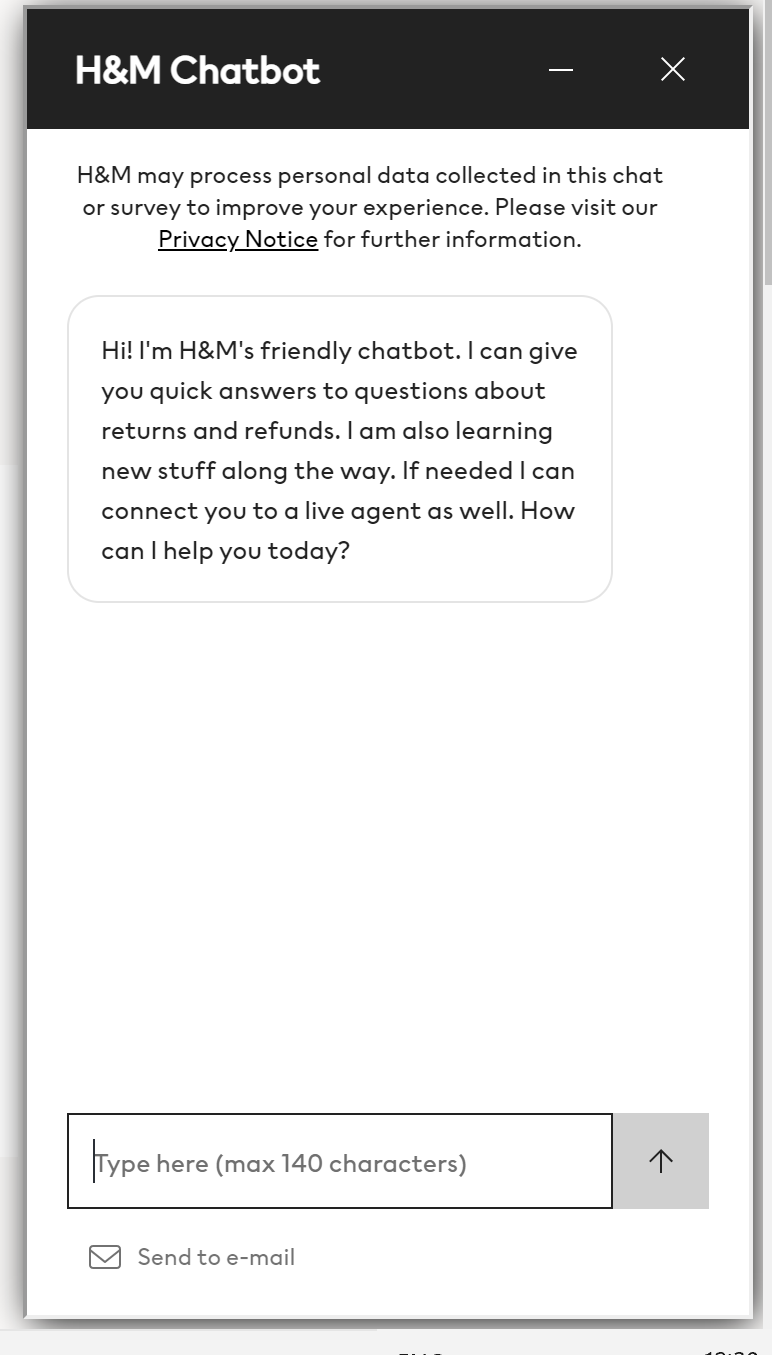
Many retail companies are already using chatbots to improve the customer experience. For example, H&M has developed a chatbot that can help customers find products, track orders, & provide styling advice. The chatbot uses natural language processing to understand customer queries & responds with relevant & personalized advice.

Another example is Nordstrom, which has developed a chatbot that can provide personalized product recommendations based on the customer's style & preferences. The chatbot can also answer queries about orders & returns, making the shopping experience more seamless & efficient.
Virtual Shopping Assistants:
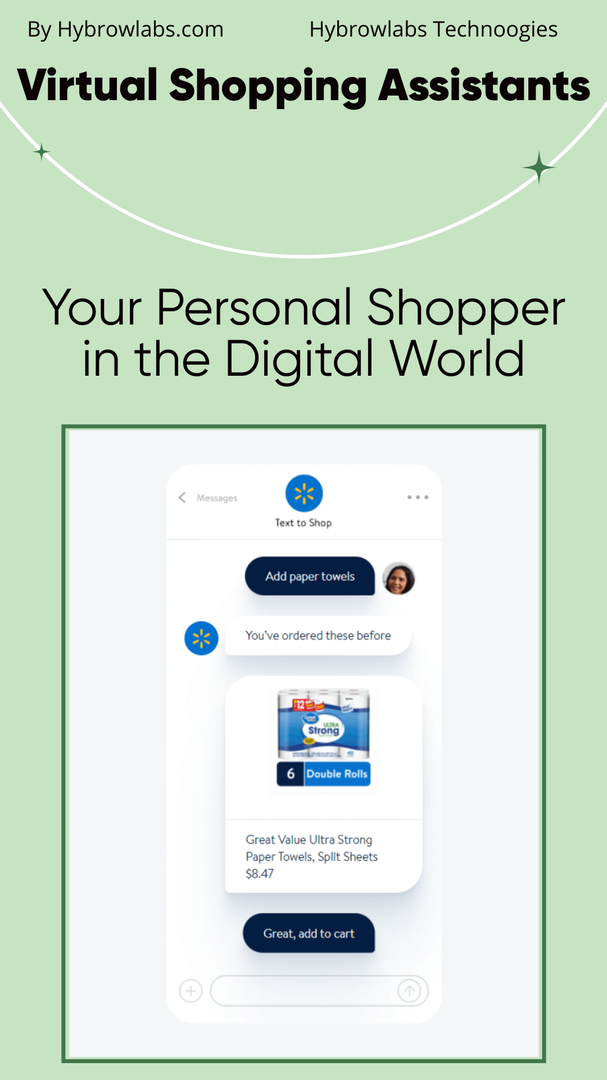
Explanation of how GPT-3 can be used to develop virtual shopping assistants
GPT-3 can also be used to develop virtual shopping assistants that can provide personalized assistance to customers during the shopping process. Virtual shopping assistants can use natural language processing to understand customer preferences & suggest products that are relevant to their needs. With GPT-3's advanced language capabilities, virtual shopping assistants can generate human-like responses that feel like real conversations.
1. Benefits of virtual shopping assistants in retail:
There are several benefits of using virtual shopping assistants in retail.
Firstly, virtual shopping assistants can provide personalized assistance to customers, which can improve the overall shopping experience. Customers are more likely to make a purchase when they feel like they are getting personalized advice & support.
Secondly, virtual shopping assistants can reduce the workload of sales associates by handling simple queries & tasks. This can free up sales associates to focus on more complex queries & provide more personalized support to customers.
Finally, virtual shopping assistants can provide a more efficient shopping experience by suggesting relevant products & answering queries in real time. This can reduce the time & effort required for customers to find the products they need, leading to increased customer satisfaction & loyalty.
2. Examples of retail companies using virtual shopping assistants:
Many retail companies are already using virtual shopping assistants to improve the customer experience. For example, North Face has developed a virtual shopping assistant that can provide personalized recommendations based on the customer's preferences & outdoor activities. The virtual shopping assistant uses natural language processing to understand customer queries & responds with relevant & personalized advice.
Another example is IKEA, which has developed a virtual shopping assistant that can help customers design their rooms & suggest products based on their preferences. The virtual shopping assistant can provide personalized advice on everything from furniture layout to color schemes, making the shopping experience more seamless & efficient.
Improved search functionality:
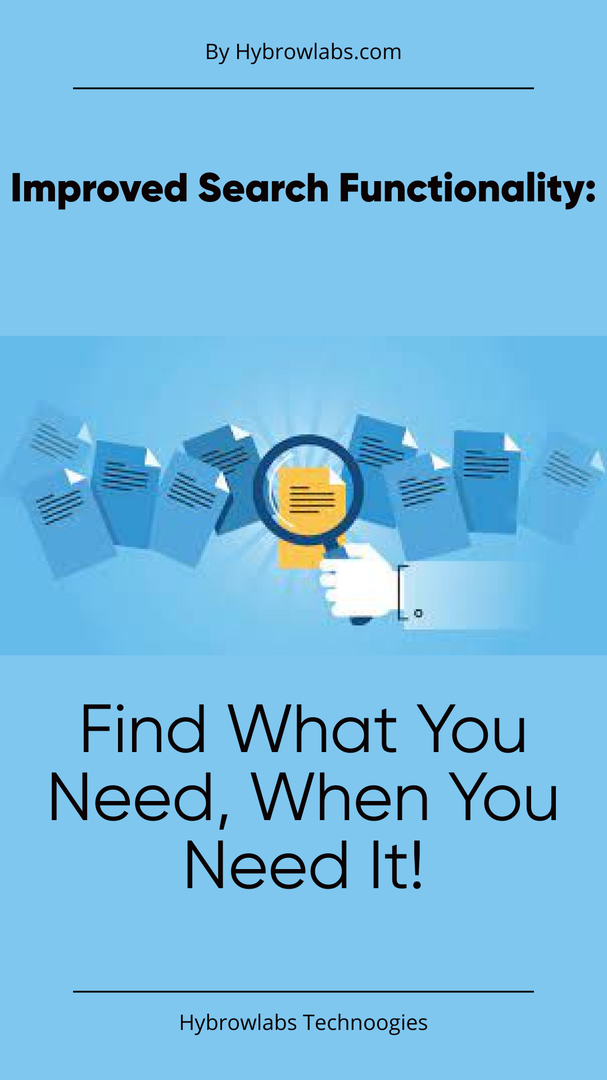
1. Explanation of how GPT-3 can improve search functionality on retail websites:
One of the significant challenges that online retail stores face is providing an effective search experience for their customers. With millions of products on their websites, it can be overwhelming for customers to find what they are looking for. However, GPT-3 can help improve search functionality on retail websites by enabling natural language processing. This technology allows customers to search for products in the same way they would ask a sales associate in a physical store. GPT-3 understands the customer's intent & provides accurate & relevant results, even when the customer uses colloquial language or misspells words.
2. Importance of good search functionality in retail:
Effective search functionality is crucial in online retail as it directly impacts customer experience & sales. A study by eConsultancy found that 30% of e-commerce site visitors use the search bar to find products. Furthermore, visitors who use the search bar are more likely to convert into paying customers. Thus, retailers who provide a great search experience are more likely to drive sales, and enhance customer satisfaction & loyalty.
3. Examples of retail companies using GPT-3 to improve search functionality:
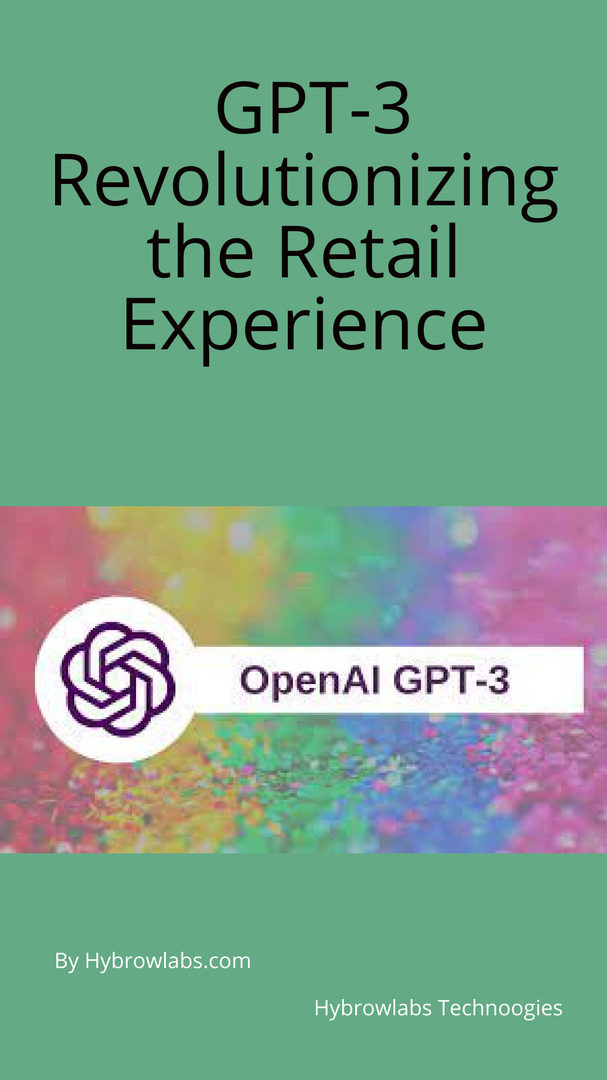
Several retail companies have started using GPT-3 to improve search functionality. For instance, H&M has integrated GPT-3 into its search bar to enhance the customer experience. Customers can now use natural language to search for products, & GPT-3 provides accurate & relevant results. Another example is Sephora, which has integrated GPT-3 into its Virtual Artist tool. Customers can now use the tool to search for makeup products using natural language & receive personalized recommendations based on their preferences.
Conclusion:
1. Recap of the ways GPT-3 can be used to improve customer experience in retail:
In conclusion, GPT-3 has significant potential to improve customer experience in the retail industry. By providing personalized recommendations, chatbots, virtual shopping assistants, & improved search functionality, GPT-3 can enhance the customer journey from start to finish. These tools help retailers provide more personalized & efficient service, which can lead to increased customer satisfaction, loyalty, & sales.
2. Potential future developments in the use of GPT-3 in retail:
As GPT-3 technology continues to evolve, it is likely that we will see even more applications in the retail industry. For example, GPT-3 could be used to generate product descriptions, reviews, and even social media posts. It could also help retailers better understand customer sentiment and preferences, allowing them to optimize their product offerings and marketing strategies. Services like Hybrowlabs Development Service can provide expertise in implementing GPT-3 technology for retail applications.
Overall, GPT-3 has significant potential to revolutionize the retail industry by improving customer experience and providing more personalized service. It allows retailers to offer a more human-like experience, even in the digital world. As GPT-3 technology continues to advance, we can expect to see even more applications in the retail industry, which will further enhance customer experience and drive sales.
FAQ
1. What is GPT-3 & how does it work?
GPT-3 is a language generation model developed by OpenAI. It uses deep learning algorithms to analyze & learn from large amounts of text data, & then generate human-like text based on that learning. Essentially, it can understand natural language & generate text that is virtually indistinguishable from what a human might write.
2. How can GPT-3 be used to improve customer experience in retail?
GPT-3 can be used in a variety of ways to improve customer experience in retail. For example, it can analyze customer data to make personalized product recommendations, develop chatbots for customer service, create virtual shopping assistants, & improve search functionality on retail websites. All of these applications can help retailers provide a more personalized & efficient shopping experience for their customers.
3. What are the benefits of using GPT-3 in retail?
There are several benefits to using GPT-3 in retail. One of the main advantages is the ability to provide personalized recommendations & assistance to customers. This can lead to increased customer satisfaction & loyalty. Additionally, GPT-3 can improve efficiency & reduce costs by automating certain tasks, such as customer service. Finally, GPT-3 can help retailers stay competitive in a rapidly evolving industry by providing cutting-edge technology & innovative solutions.
4. What are some examples of retail companies using GPT-3 to improve customer experience?
Several major retail companies have already started using GPT-3 to improve customer experience. For example, H&M has developed a virtual shopping assistant powered by GPT-3 that can help customers find the perfect outfit. Sephora has also implemented a chatbot that uses GPT-3 to provide personalized makeup recommendations to customers. Finally, Walmart has used GPT-3 to improve its search functionality & provide more relevant search results to customers.
5. What is the future of GPT-3 in the retail industry?
The potential applications of GPT-3 in the retail industry are vast, & we can expect to see even more innovative uses of the technology in the future. For example, GPT-3 could be used to develop even more advanced chatbots & virtual shopping assistants or to provide personalized recommendations based on more advanced forms of data analysis, such as image recognition. As the technology continues to improve & become more widely adopted, we can expect to see it play an increasingly important role in shaping the future of retail.



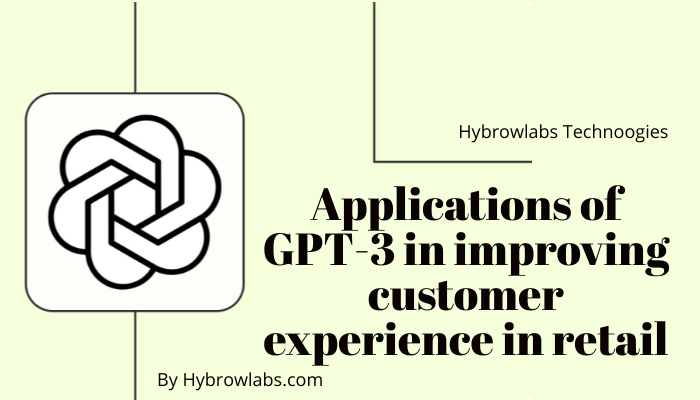


a3dc85.jpg)
.jpg)
fd8f11.png)

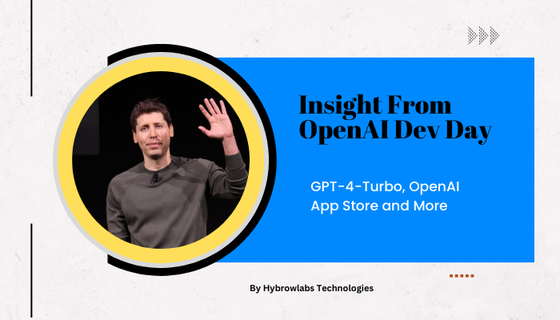
.jpg)
.jpg)